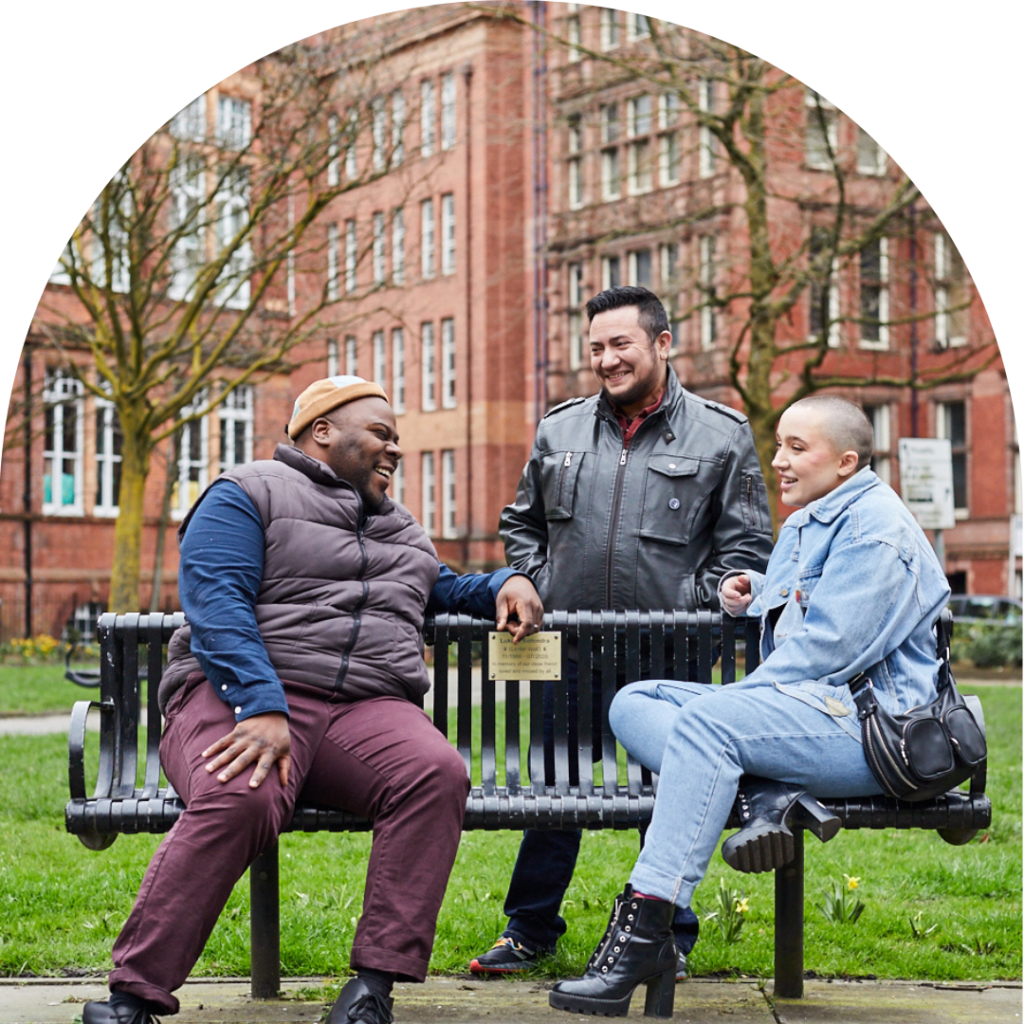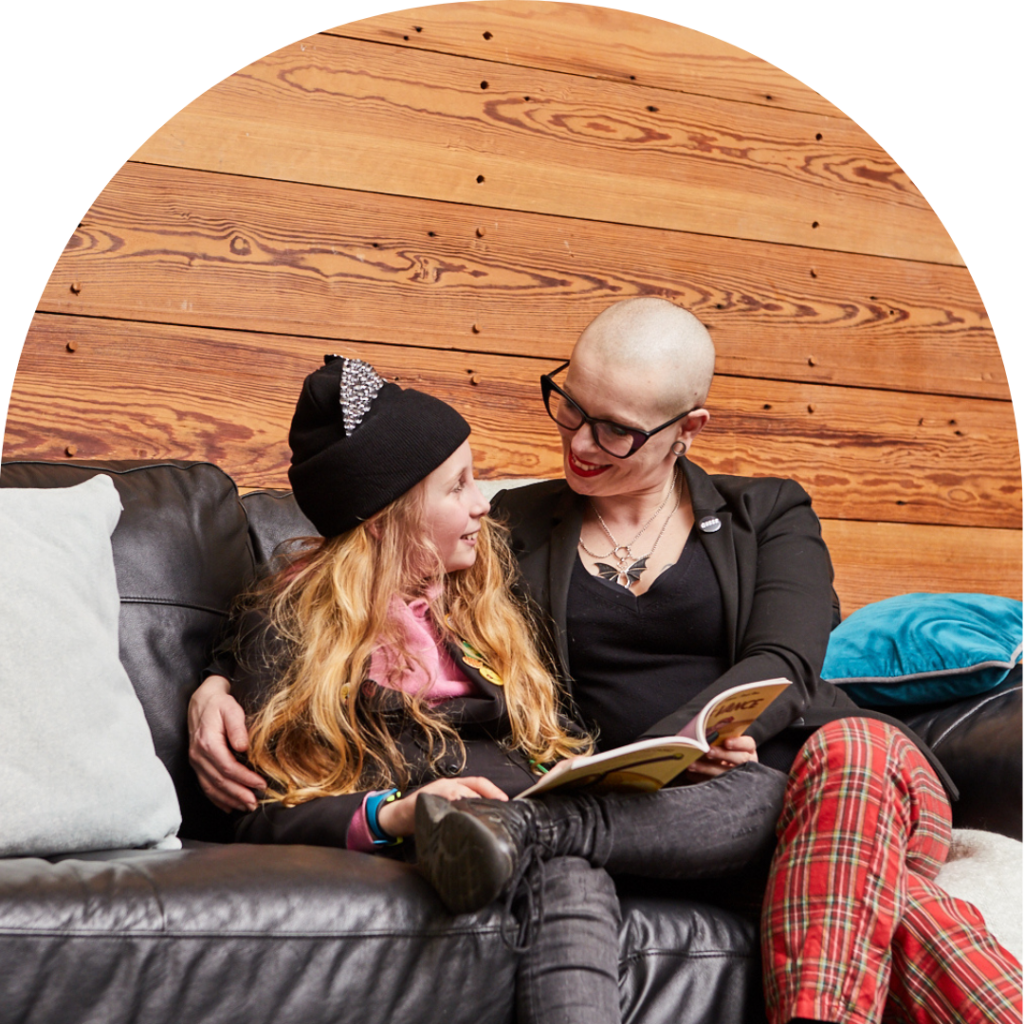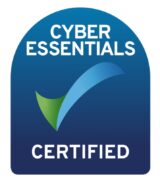

As an organisation, we work with people who have a variety of needs and experiences. In our services, safeguarding is a key part of the work we do. Within this, we have a duty of care to take action where we believe an individual has been harmed or is at risk of harm. We are proactive in our approach to safeguarding to prevent and protect individuals from harm, abuse, and neglect. We will work to keep individuals involved in decisions about their support but there may be instances where we have to take action or make decisions that are in the best interests of keeping them or others safe.
Our services provide safe and confidential support for those who need it the most. When accessing our services, our confidentiality statement will be made clear on all of our referral forms and at all initial appointments/ contacts with our team. Those accessing our services will have the opportunity to give and remove consent throughout their journey with us however we will outline the instances where we may need to share your details in order to keep you or others safe.


Within our team, we work hard to ensure that the steps we take are in line with best practice guidance and legislation. As part of this, we have identified members of our team who provide advice and guidance to those working with members of our communities. These individuals make use of our safeguarding structure, which can be seen below.
If you are concerned about a child or adult, you can also make referrals by contacting your local children’s or adult’s safeguarding board. You can find their contact details on their website.
Trustee Safeguarding Lead: Dr Mike Hill
Designated Safeguarding Lead: Charlotte Cooke- Director of Services
Deputy Safeguarding Lead: Sophie Lambe- Head of Services: Wellbeing
Safeguarding Officers: Lauren Duffy- Head of Services: Sexual Health, Louise McIvor- Head of Services: Recovery, Gareth Watson- Community Safety Programme Manager, Mitchell Watson- Wellbeing Programme Manager, Emine Akkunt- Talking Therapies Programme Manager, Craig Langton- Sexual Health Testing Coordinator, and Tiffany Parsons- Senior Domestic Abuse Coordinator.
HOW DO YOU GET SUPPORT IF YOU OR SOMEBODY ELSE IS AT RISK?
We know there will be times when members of our communities will be worried for themselves or other people. Safeguarding can be scary to many people. As an organisation, our team are always here to support you should you be in a situation where you or somebody else is at risk. Despite this, there are times when you might want to act yourself. To support you in doing so, we wanted to share the below details with you:
If you or somebody else is at immediate risk of harm, call 999 and get support from emergency services. You can also call 999 and ask for the police if you need to report a crime happening now or call 101 to report a crime that has already happened.
If you are an adult or know an adult at risk of harm, you can contact your local authority safeguarding adults’ team. As some of our services and our website are available across several areas, we would suggest that you do a Google search for your local area and ‘safeguarding adults’ to find your local services and make a report. For example, ‘Manchester Safeguarding Adults’.
If you are a child or young person or know a child or young person at risk of harm, you can contact your local authority safeguarding children’s team. As some of our services and our website are available across several areas, we recommend that you do a Google search for your local area and ‘safeguarding children’ to find your local services and make a report. For example, ‘Manchester Safeguarding Children’.
In addition to the above, if you wish to find out about more helplines you can contact for support, please go to the following webpage: https://lgbt.foundation/help/helpline-email-support/’

For more information on how we work to safeguard those we work with or to request copies of our safeguarding-related policies, you can contact us on 0345 3 30 30 30 or email info@lgbt.foundation.







